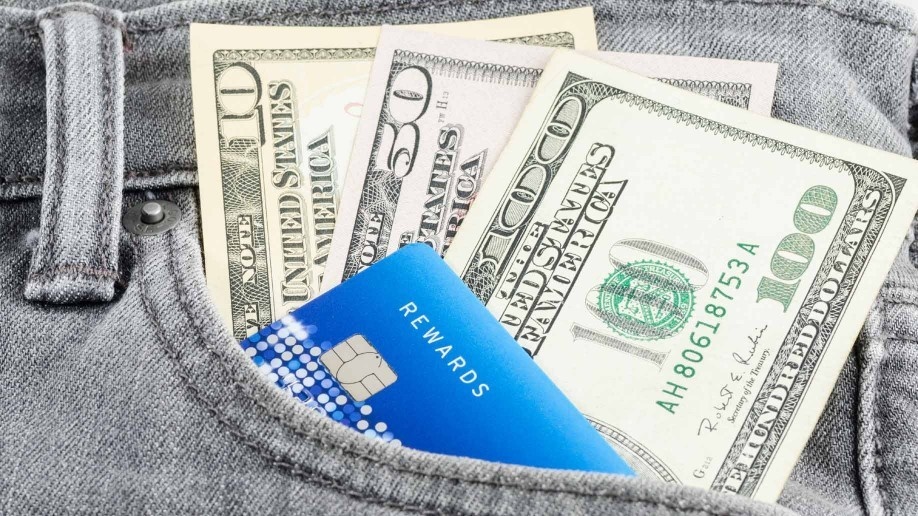
Flickr
At the beginning of the month, it’s easy to tell yourself that you’ll cut back on eating out or swear you’ll forgo Ubers and take public transport instead. But then, a friend asks you to grab drinks or you get caught in the rain walking home, and all those good intentions go out the window.
Luckily, there are lots of great ways to save money and still allow yourself those little luxuries that are just so hard to say no to. Aiming to save an extra $300 a month is a great place to start. While that amount may sound insignificant, by depositing $300 a month in an average savings account with an interest of .06%, those savings add up to $18,027.58 in 5 years. Just like most things worth doing, saving money is about building good habits over time.
Paypath has compiled a list of helpful tips to get you started on your journey to a healthier bank account.
Use A Cash Back Reward Credit Card For All Spending
 Money Crashers
Money Crashers
A cashback credit card can be an easy way to make a little extra money each month. Cardholders can make a purchase knowing exactly how much they will earn back, and there’s no complicated point systems to figure out either. By putting all your purchases on a rewards credit card, you save at least 2% of your monthly spending. If your average spending is $1,000 per month, you can save $20 per month with one of these cards.
Get Organized
 Grammarly
Grammarly
It can be easy to spend unnecessarily when you can’t find that extra jar of peanut butter you swear you had or can’t quite remember if you paid the electric bill and end up with a late fee. An organized home can help you use what you already have, and an organized calendar or planner can help you pay bills on time. It’s also important to come up with a system to help you keep track of your spending to help you avoid spending more than you planned to.
(adsbygoogle = window.adsbygoogle || []).push({});
Buy Used, Sell What You Don’t Need
 Marriott Traveller
Marriott Traveller
Vintage style is trendy right now; plus, shopping used can help save you money. Need a new pair of work pants? Head to your local Goodwill. While finding something you love might take a little more effort, the price tag will make it worth it. Additionally, we all have those items in our closet we haven’t worn in years, and selling them to a vintage shop or an online thrift store can help you save a little extra each month.
Be Conscious of Your Utility Use
 Amazon
Amazon
A great place to start in ensuring that your electricity use isn’t getting out of hand is by replacing all your light bulbs with LED light bulbs. This can provide substantial savings since they use 90% less energy than standard light bulbs. Additionally, always remember to turn off your lights when you leave the room, and instead of using air conditioning when the weather starts to get warmer, try opening a window.
Be a Smarter Shopper

Take the time to compare prices before making a significant purchase, or even wait for annual sales. While convenience is great, waiting a little while to get the best price on something is worth it.
Give Up One Coffee per Week
 Prexels
Prexels
If one or two Starbucks runs are a part of your daily routine, you may not notice just how quickly those $4 coffees add up. Even just making coffee at home one morning a week can add up to significant savings. This can also apply to cutting one drink a week if you usually drink two cocktails every time you head to your neighborhood bar.
While major savings may require drastic lifestyle changes, an extra $300 a month is within anyone’s reach!











